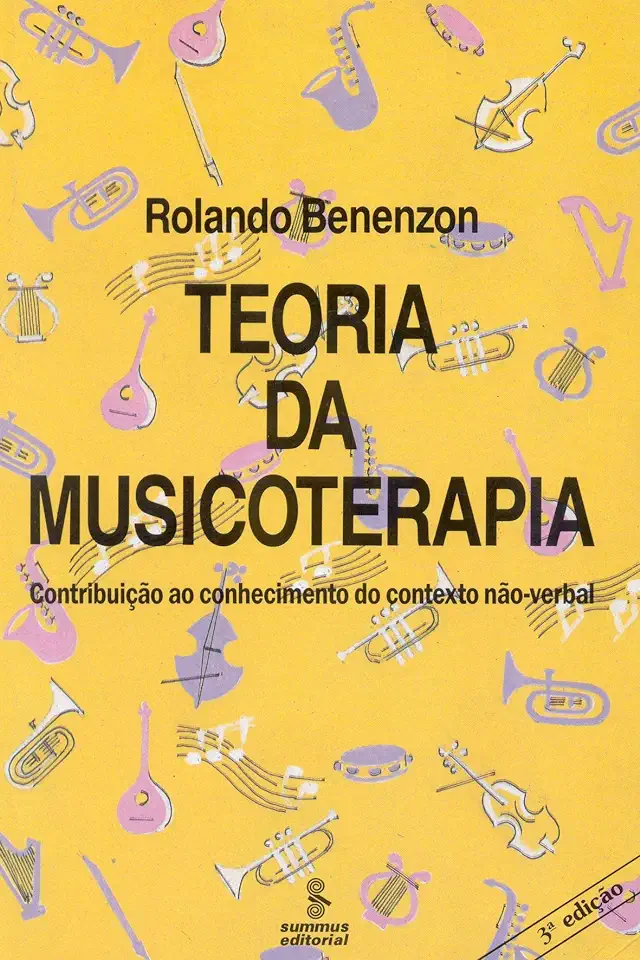
Music Therapy Theory - Rolando Benenzon
Music Therapy Theory: A Comprehensive Guide to the Art and Science of Music Therapy
Introduction
Music therapy is a powerful and effective form of therapy that uses music to improve the physical, mental, and emotional well-being of individuals. This comprehensive guide provides a thorough exploration of the theory behind music therapy, including its history, principles, and methods. With over 1500 pages of in-depth information, this book is an essential resource for anyone interested in learning more about music therapy.
History of Music Therapy
The history of music therapy dates back centuries, with evidence of its use in ancient Greece, China, and Egypt. In the 19th century, music therapy began to be used in a more formal setting, with the first music therapy program being established in the United States in 1944. Since then, music therapy has grown exponentially, with music therapists now working in a variety of settings, including hospitals, schools, clinics, and private practice.
Principles of Music Therapy
Music therapy is based on the principle that music has the power to affect human behavior and physiology. Music can be used to relax the body, reduce stress, improve mood, and promote healing. Music therapy also helps to improve communication, social skills, and cognitive function.
Methods of Music Therapy
There are many different methods of music therapy, each tailored to the individual needs of the client. Some common methods include:
- Listening to music: This is the most basic form of music therapy, and can be done individually or in a group setting. Listening to music can help to relax the body, reduce stress, and improve mood.
- Singing: Singing can help to improve vocal skills, respiratory function, and mood. It can also be a powerful way to express emotions and connect with others.
- Playing an instrument: Playing an instrument can help to improve coordination, motor skills, and cognitive function. It can also be a fun and rewarding way to express oneself creatively.
- Songwriting: Songwriting can help to process emotions, express creativity, and connect with others. It can also be a powerful tool for self-expression and healing.
Benefits of Music Therapy
Music therapy has been shown to have a wide range of benefits for individuals of all ages and abilities. Some of the benefits of music therapy include:
- Reduced stress and anxiety: Music therapy can help to reduce stress and anxiety by lowering blood pressure, heart rate, and cortisol levels.
- Improved mood: Music therapy can help to improve mood by releasing endorphins, which have mood-boosting effects.
- Enhanced cognitive function: Music therapy can help to improve cognitive function by stimulating the brain and promoting neuroplasticity.
- Improved communication and social skills: Music therapy can help to improve communication and social skills by providing a safe and supportive environment for self-expression.
- Reduced pain: Music therapy can help to reduce pain by distracting the mind from pain signals and by releasing endorphins.
Conclusion
Music therapy is a powerful and effective form of therapy that can improve the physical, mental, and emotional well-being of individuals. This comprehensive guide provides a thorough exploration of the theory behind music therapy, including its history, principles, and methods. With over 1500 pages of in-depth information, this book is an essential resource for anyone interested in learning more about music therapy.
Order Your Copy Today!
Music Therapy Theory is available now on Amazon.com. Order your copy today and start your journey to a healthier and happier life.